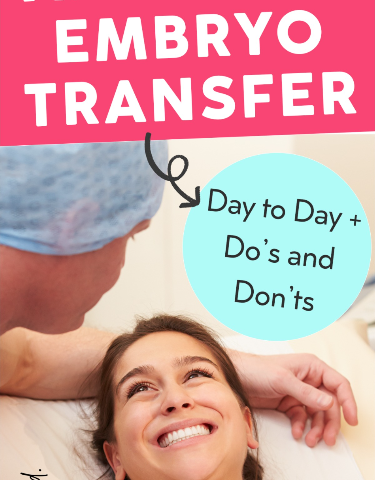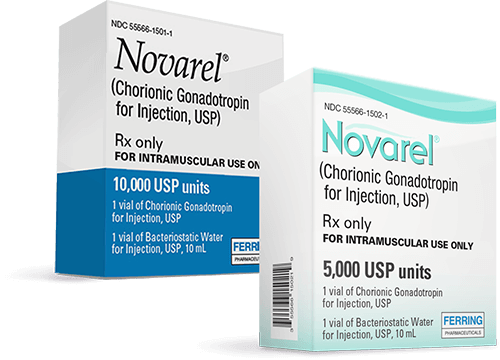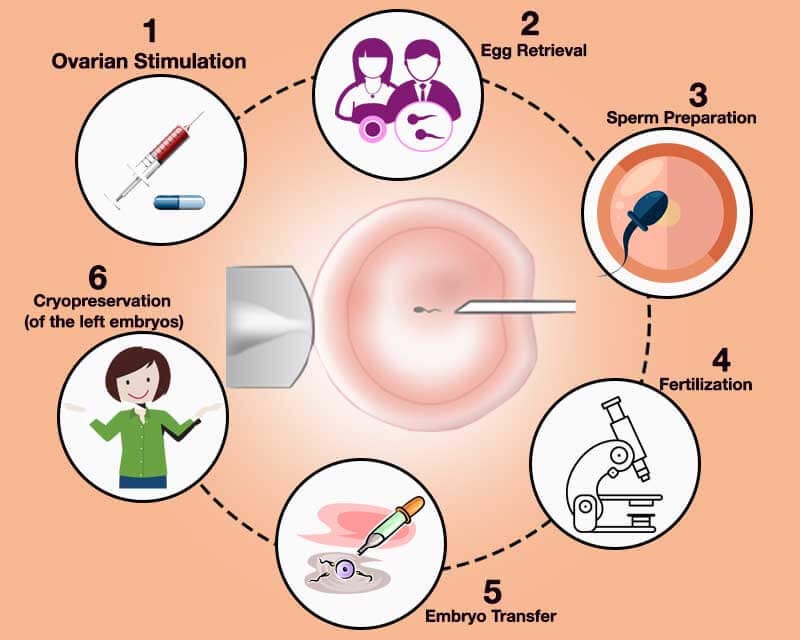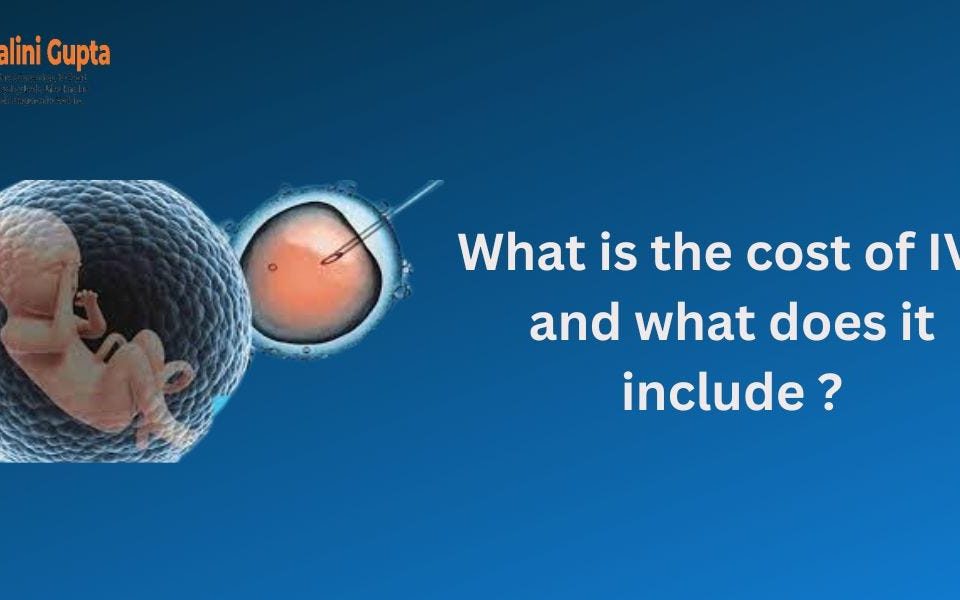
What Is Mini IVF? Your Complete Guide to a Gentler Fertility Option
April 22, 2025
Will TRICARE Cover IVF? Your Guide to Fertility Benefits for Military Families
April 22, 2025What Should I Do After IVF Embryo Transfer?
Congratulations! You’ve just completed an embryo transfer as part of your in vitro fertilization (IVF) journey. This is a huge step toward building the family you’ve been dreaming of. But now that the procedure’s done, you might be wondering: What’s next? The days and weeks after an embryo transfer can feel like an emotional rollercoaster—hope, excitement, and maybe a little worry all mixed together. You’re not alone in feeling this way, and there’s plenty you can do to support your body, mind, and chances of success.
This guide is here to walk you through everything you need to know about life after an embryo transfer. We’ll cover the practical stuff—like what to eat, how to move, and what to avoid—plus the emotional side of things, which doesn’t always get the attention it deserves. Along the way, we’ll dig into the latest research, share real-life tips, and even sprinkle in some fresh ideas you won’t find everywhere else. Whether it’s your first IVF cycle or you’re a seasoned pro, this article’s got your back with advice that’s easy to follow and actually makes sense for you.
So, grab a cozy blanket, maybe a cup of tea, and let’s dive into what you can do to make the most of this waiting period—often called the “two-week wait”—and beyond.
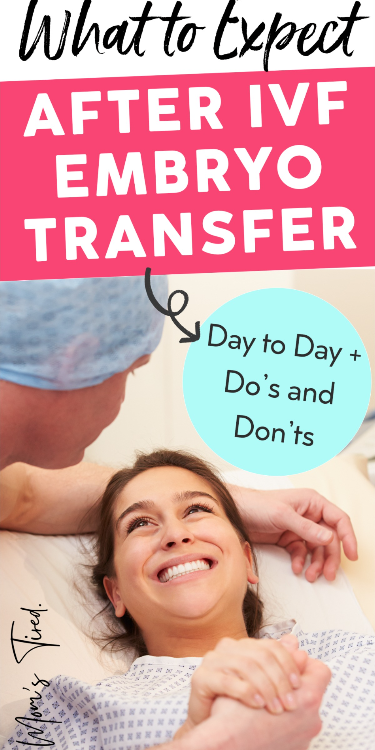
Understanding the Two-Week Wait: What’s Happening Inside?
After your embryo transfer, the next big milestone is finding out if the embryo implants in your uterus and starts growing into a pregnancy. This waiting period usually lasts about 10 to 14 days, depending on your doctor’s instructions for when to take a pregnancy test. It’s a time when your body’s doing some incredible behind-the-scenes work, even if you don’t feel much happening.
The embryo, now in your uterus, needs to attach to the uterine lining—a process called implantation. This typically happens 6 to 10 days after the transfer, though it can vary. Once implanted, the embryo starts releasing a hormone called human chorionic gonadotropin (hCG), which is what pregnancy tests detect. Your doctor might schedule a blood test to check your hCG levels, giving you a more accurate result than a home test.
During this time, your body’s already been prepped with medications like progesterone to make your uterus a welcoming home for the embryo. But what you do now can also play a role in supporting this delicate process. Let’s break it down into manageable pieces so you know exactly how to care for yourself.
Taking Care of Your Body: The Basics
Your body’s been through a lot with IVF—hormone injections, egg retrieval, and now the transfer. It deserves some TLC. Here’s how to keep it happy and healthy during this critical time.
Rest, but Don’t Hibernate
After the transfer, your doctor might suggest taking it easy for a day or two. That doesn’t mean you need to lie flat on your back 24/7—research shows that strict bed rest doesn’t improve IVF success rates. A 2013 study in the journal Fertility and Sterility found no difference in pregnancy outcomes between women who rested for hours after transfer and those who got up and moved around normally.
So, what should you do? Aim for a balance. Rest when you feel tired, but don’t be afraid to go about your day with light activities like walking to the kitchen or sitting outside. Think of it like recovering from a long day—give yourself permission to relax without turning into a couch potato.
✔️ Do: Take short, gentle walks to keep your blood flowing.
❌ Don’t: Jump into intense workouts or heavy lifting right away.
Eat Like You’re Nurturing New Life
Food is fuel, and right now, your body could use some high-quality options. You don’t need a fancy diet, but focusing on nutrient-rich choices can support your overall health and maybe even implantation.
Stick to a balanced plate: lean proteins (like chicken or beans), healthy fats (think avocado or nuts), and plenty of fruits and veggies. Some studies suggest that a Mediterranean-style diet—full of whole grains, fish, and olive oil—might boost IVF success. A 2018 study in Human Reproduction found that women who ate this way had a higher chance of getting pregnant through IVF.
Hydration’s key too. Aim for 8-10 cups of water a day to keep everything running smoothly. Bonus points if you sip on something soothing like herbal tea (check with your doctor first).
✔️ Do: Add colorful veggies like spinach or berries for antioxidants.
❌ Don’t: Load up on processed junk like chips or sugary sodas.
Step-by-Step: A Day of Healthy Eating After Transfer
- Breakfast: Oatmeal with a spoonful of almond butter and sliced strawberries.
- Snack: A handful of walnuts and a pear.
- Lunch: Grilled chicken salad with olive oil dressing and quinoa.
- Snack: Greek yogurt with a drizzle of honey.
- Dinner: Baked salmon, steamed broccoli, and brown rice.
This isn’t about perfection—it’s about giving your body a solid foundation.
What to Avoid: Keeping Risks Low
There are a few things worth steering clear of after your transfer. These aren’t just old wives’ tales; they’re backed by science and common sense.
Skip the Heat
Hot tubs, saunas, and even super-hot baths might feel tempting, but they’re not your friends right now. High temperatures can raise your core body heat, which might interfere with implantation. A 2021 study in Reproductive BioMedicine Online noted that extreme heat exposure could stress early embryos. Stick to warm showers instead—they’re relaxing without the risk.
✔️ Do: Enjoy a cozy blanket to unwind.
❌ Don’t: Soak in a hot tub or use a heating pad on your belly.
Say No to Stressful Workouts
You might love your spin class or weightlifting sessions, but hold off for now. Strenuous exercise can increase your body’s stress hormones, like cortisol, which isn’t ideal during implantation. The American Society for Reproductive Medicine (ASRM) suggests avoiding high-impact activities for at least a week post-transfer.
Light movement, like stretching or a slow walk, is fine and can even help you feel better. Listen to your body—if it’s saying “slow down,” honor that.
✔️ Do: Try a gentle yoga flow (skip the twists).
❌ Don’t: Run a marathon or hit the gym hard.
Watch the Caffeine and Alcohol
A little coffee’s probably okay—most doctors say up to 200 mg (about one 12-ounce cup) is safe. But more than that might not be wise. A 2020 study in Fertility and Sterility linked high caffeine intake to lower implantation rates. As for alcohol, it’s a hard no. Even small amounts could affect early pregnancy, so why chance it?
✔️ Do: Switch to decaf or herbal tea.
❌ Don’t: Crack open a beer to “relax.”
The Emotional Side: Managing the Wait
The two-week wait isn’t just physical—it’s a mental marathon too. You might swing from hope to doubt in the span of an hour, and that’s totally normal. Here’s how to keep your spirits up without losing your mind.
Find Your Calm
Stress won’t ruin your chances, but it can make this time harder than it needs to be. A 2022 study in Journal of Assisted Reproduction and Genetics found that women who practiced relaxation techniques—like deep breathing or meditation—reported feeling less anxious during IVF cycles.
Try this: Set aside 5 minutes a day to sit quietly, close your eyes, and breathe deeply. Picture something peaceful, like a beach or a forest. It’s not about forcing positivity—it’s about giving your brain a break.
✔️ Do: Listen to a guided meditation app.
❌ Don’t: Obsess over every twinge or symptom.
Build a Support Squad
You don’t have to go through this alone. Talk to your partner, a friend, or even an online IVF community about how you’re feeling. Sharing the load can lighten it. If you’re not big on talking, journaling works too—scribble down your thoughts to get them out of your head.
✔️ Do: Call a friend who gets it.
❌ Don’t: Bottle it all up until you’re a mess.
Quick Quiz: How Are You Holding Up?
Take a second to check in with yourself:
- Are you sleeping okay most nights? (Yes/No)
- Do you feel overwhelmed more than calm? (Yes/No)
- Have you laughed at least once today? (Yes/No)
If you’re answering “No” a lot, it might be time to try a new stress-buster. Pick one from this article and give it a go!
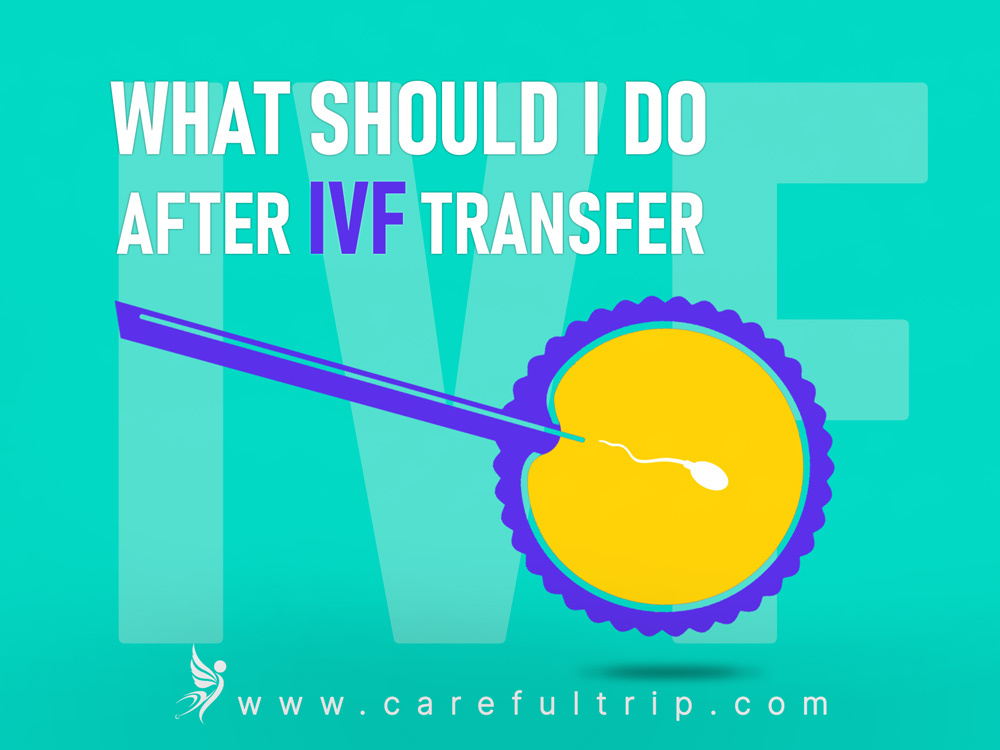
Symptoms: What’s Normal, What’s Not?
You might be tempted to analyze every little feeling in your body, wondering if it’s a sign of pregnancy. Some symptoms are common after a transfer, but they don’t always mean what you think.
What You Might Feel
- Cramping: Mild cramps can happen as your uterus adjusts or from progesterone meds.
- Spotting: A little light bleeding could be implantation—or just irritation from the transfer.
- Tiredness: Hormones and stress can leave you wiped out.
These are usually no big deal. A 2023 study in Human Reproduction Update found that mild symptoms like these don’t predict success or failure—they’re just part of the process.
When to Call Your Doctor
If something feels off, trust your gut. Reach out if you notice:
- Heavy bleeding (like a period or more).
- Severe pain that doesn’t ease up.
- Fever or signs of infection.
Your clinic’s there to help, so don’t hesitate.
Fresh Ideas You Won’t Find Everywhere
Most articles stick to the basics, but let’s go deeper. Here are three things that don’t get enough airtime—and could make a difference.
The Power of Your Gut
Your gut health might play a bigger role in IVF than you’d think. Emerging research—like a 2024 study in Nature Reviews Endocrinology—suggests that a balanced gut microbiome could support hormone levels and reduce inflammation, both key for implantation. Probiotics (from yogurt or supplements) and fiber-rich foods (like lentils or apples) might give your body an edge.
Try this: Add a daily serving of fermented food—like kefir or sauerkraut—to your meals. It’s a small tweak with potential payoff.
Sleep: Your Secret Weapon
Everyone says “rest,” but sleep’s the real MVP. A 2023 study in Sleep Medicine found that women who got 7-8 hours of quality sleep per night during IVF had higher pregnancy rates than those who skimped. Poor sleep messes with your hormones, which isn’t what you want right now.
Set yourself up for success:
- Dim the lights an hour before bed.
- Skip screens—read a book instead.
- Keep your room cool and dark.
Your Partner’s Role Post-Transfer
IVF’s often seen as “your” journey, but your partner’s in this too. They can help more than you might realize. A 2022 survey by the American Fertility Association found that couples who shared tasks—like cooking or med reminders—felt less stressed during the wait. Ask them to take on something specific, like making dinner or joining you for a walk. It’s a team effort, after all.
If It Works: Early Pregnancy Tips
If that test comes back positive—yay! You’re in the early days of pregnancy, and it’s a whole new chapter. Here’s how to ease into it.
Stick to the Plan
Keep taking your meds (like progesterone) exactly as prescribed—stopping too soon could risk the pregnancy. Follow up with your clinic for blood tests to track your hCG levels.
Watch Your Body
Early pregnancy might bring nausea, sore breasts, or more fatigue. Rest when you need to, and eat small, frequent meals if your stomach’s iffy. A 2024 report from the CDC notes that IVF pregnancies have a slightly higher chance of twins, so stay in touch with your doctor about what to expect.
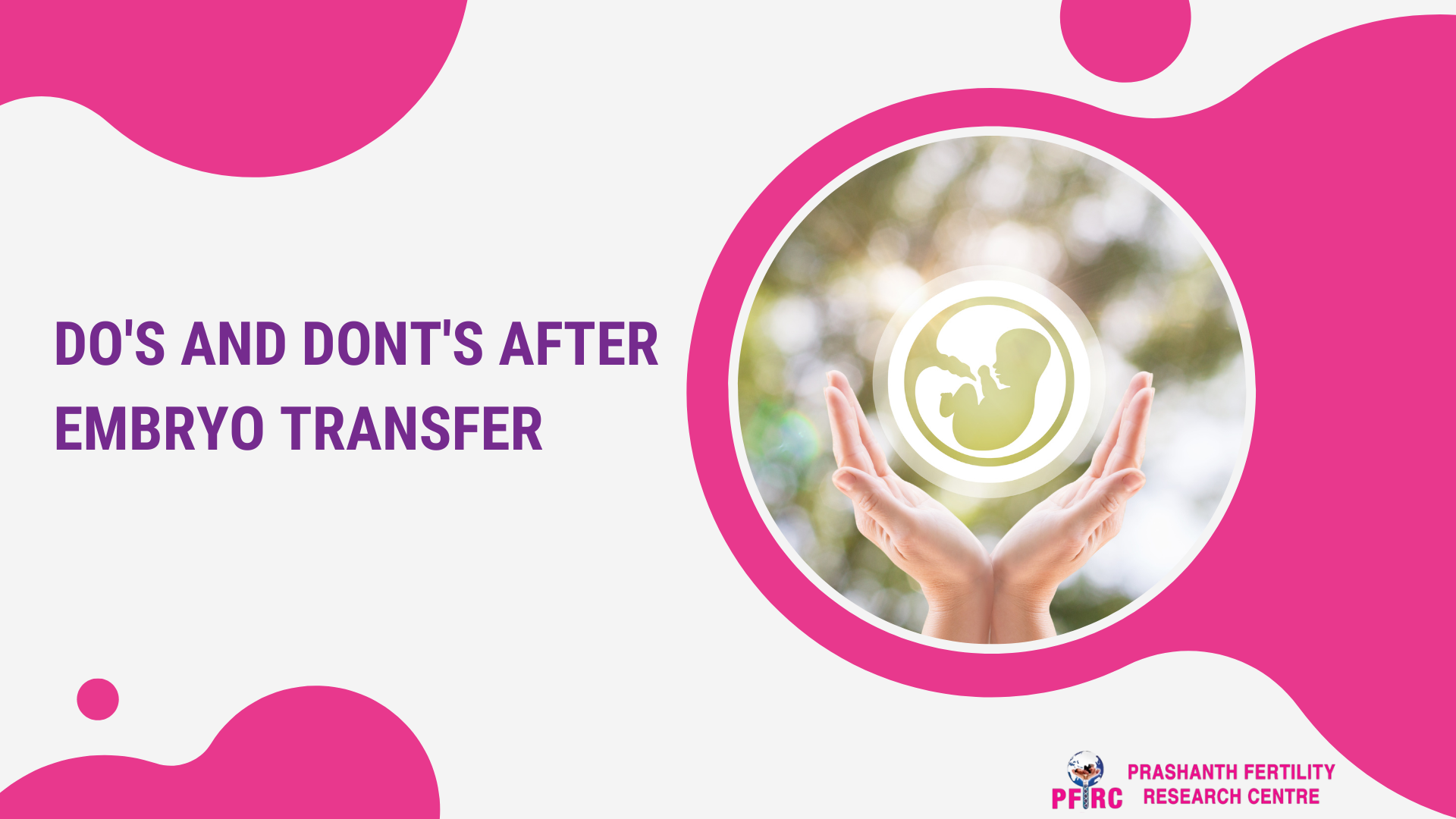
If It Doesn’t: Next Steps with Grace
Not every transfer leads to pregnancy, and that’s tough. About 40-50% of transfers in women under 35 succeed, per the Society for Assisted Reproductive Technology (SART), and rates drop with age. If it doesn’t work, give yourself space to feel it—then talk to your doctor. They might tweak your protocol or suggest a frozen embryo transfer if you’ve got backups.
Try this: Write down three things you’re proud of from this cycle. Maybe it’s your resilience or how you stuck to your meds. It’s not the end—it’s a detour.
Poll: What’s Your Go-To Comfort?
What helps you chill out during the wait? Vote below and see what others pick!
- A. Binge-watching a funny show
- B. A warm bath (not too hot!)
- C. Chatting with a friend
- D. Something else—share in your head!
Wrapping It Up: You’ve Got This
The days after your embryo transfer are a mix of hope, patience, and a little self-care magic. You can’t control everything, but you can give your body and mind the best shot by eating well, resting smart, and keeping stress in check. Add in some gut love, solid sleep, and a partner who’s got your back, and you’re doing more than most.
This wait might feel endless, but it’s just a small piece of your bigger story. Whether it’s a yes or a next step, you’re stronger than you know. So, take a deep breath, treat yourself to something nice today, and keep moving forward—one day at a time.

